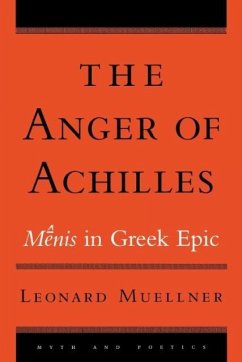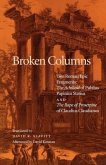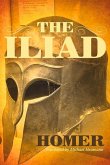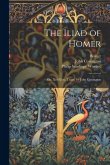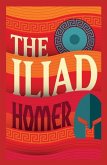Leonard Muellner's goal is to restore the Greek word for the anger of Achilles, menis, to its social, mythical, and poetic contexts. His point of departure is the anthropology of emotions. He believes that notions of anger vary between cultures and that the particular meaning of a word such as menis needs to emerge from a close study of Greek epic. Menis means more than an individual's emotional response. On the basis of the epic exemplifications of the word, Muellner defines the term as a cosmic sanction against behavior that violates the most basic rules of human society. Virtually absent from the Odyssey, the term menis appears in the Iliad in conjunction with the enforcement of social rules, especially the rules of reciprocal exchange. To understand the way menis functions, Muellner invokes the concept of tabu developed by Mary Douglas, stressing both the power and the danger that accrue to a person who violates such rules. Transgressive behavior has both a creative and a destructive aspect. Muellner draws on the method of mythical analysis developed by Pierre-Yves Jacopin. He applies the restructured definition of menis to the anger of Achilles in the narrative of the Iliad, tracing the moral issues that motivate cosmic anger and, finally, exploring the transformation of menis into the social term that is explicitly named as its opposite: philotes, or friendship.

